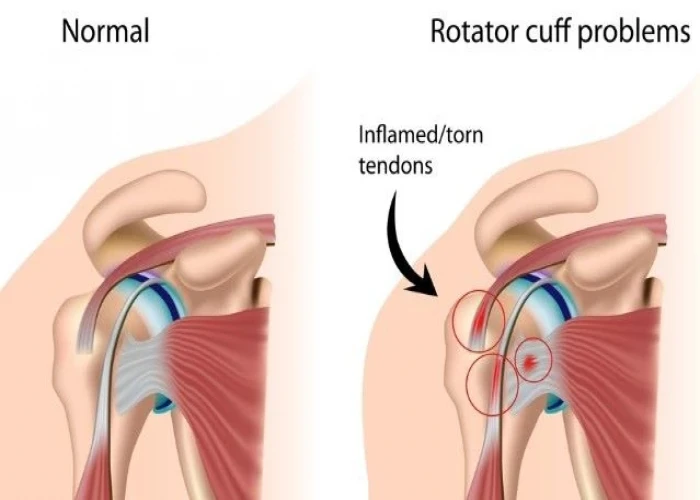 Welcome
Welcome
“May all be happy, may all be healed, may all be at peace and may no one ever suffer."
Rotator cuff injury
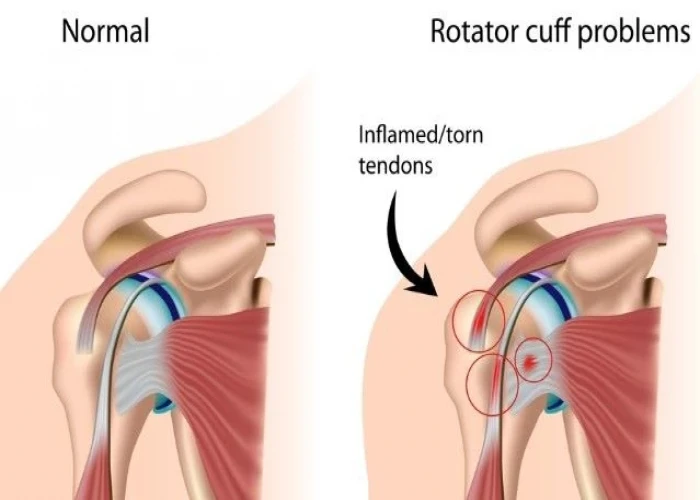
A rotator cuff injury is an injury to the muscles and tendons that surround the shoulder joint. The rotator cuff is made up of four muscles: the supraspinatus, infraspinatus, teres minor, and subscapularis. These muscles work together to stabilize the shoulder joint and allow for movement of the arm.
Rotator cuff injuries can range from mild to severe and can be caused by a variety of factors, including overuse, trauma, or degeneration over time. Symptoms may include pain, weakness, and limited range of motion in the affected shoulder.
Treatment for a rotator cuff injury may depend on the severity of the injury, but can include rest, physical therapy, medication, or in severe cases, surgery. It is important to seek medical attention if you suspect you have a rotator cuff injury, as early intervention can lead to better outcomes.
Research Papers
Disease Signs and Symptoms
- Shoulder pain
- Trouble sleep (insomnia)
- Shoulder or arm weakness
- Be described as a dull ache deep in the shoulder
- Made it difficult to comb hair or reach behind back
Disease Causes
Rotator cuff injury
Rotator cuff disease may be the result of either a substantial injury to the shoulder or to progressive degeneration or wear and tear of the tendon tissue. Repetitive overhead activity or heavy lifting over a prolonged period of time may irritate or damage the tendon.
Disease Prevents
Rotator cuff injury
If you are at risk of rotator cuff injuries or if you've had a rotator cuff injury in the past, daily shoulder strengthening exercises can help prevent future injury.
Most people exercise the front muscles of the chest, shoulder and upper arm, but it is equally important to strengthen the muscles in the back of the shoulder and around the shoulder blade to optimize shoulder muscle balance. Your doctor or a physical therapist can help you plan an exercise routine.
Disease Treatments
Conservative treatments — such as rest, ice and physical therapy — sometimes are all that's needed to recover from a rotator cuff injury. If your injury is severe, you might need surgery.
Injections
If conservative treatments haven't reduced your pain, your doctor might recommend a steroid injection into your shoulder joint, especially if the pain is interfering with your sleep, daily activities or physical therapy. While such shots are often temporarily helpful, they should be used judiciously, as they can contribute to weakening of the tendon and may lower the success of surgery if this is eventually needed.
Therapy
Physical therapy is usually one of the first treatments your doctor may suggest. Exercises tailored to the specific location of your rotator cuff injury can help restore flexibility and strength to your shoulder. Physical therapy is also an important part of the recovery process after rotator cuff surgery.
Surgery
Many different types of surgeries are available for rotator cuff injuries, including:
- Arthroscopic tendon repair. In this procedure, surgeons insert a tiny camera (arthroscope) and tools through small incisions to reattach the torn tendon to the bone.
- Open tendon repair. In some situations, an open tendon repair may be a better option. In these types of surgeries, your surgeon works through a larger incision to reattach the damaged tendon to the bone.
- Tendon transfer. If the torn tendon is too damaged to be reattached to the arm bone, surgeons may decide to use a nearby tendon as a replacement.
- Shoulder replacement. Massive rotator cuff injuries may require shoulder replacement surgery. To improve the artificial joint's stability, an innovative procedure (reverse shoulder arthroplasty) installs the ball part of the artificial joint onto the shoulder blade and the socket part onto the arm bone.
Disease Diagnoses
Disease Allopathic Generics
Disease Ayurvedic Generics
Disease Homeopathic Generics
Disease yoga
Rotator cuff injury and Learn More about Diseases

Diabetic ketoacidosis (DKA)

Enlarged liver
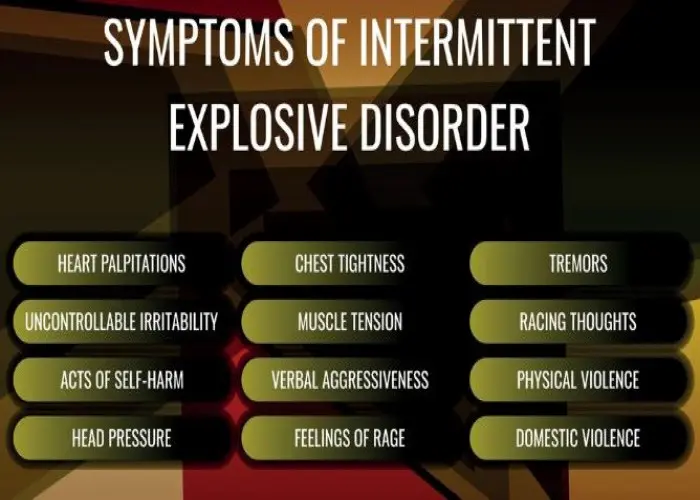
Intermittent explosive disorder
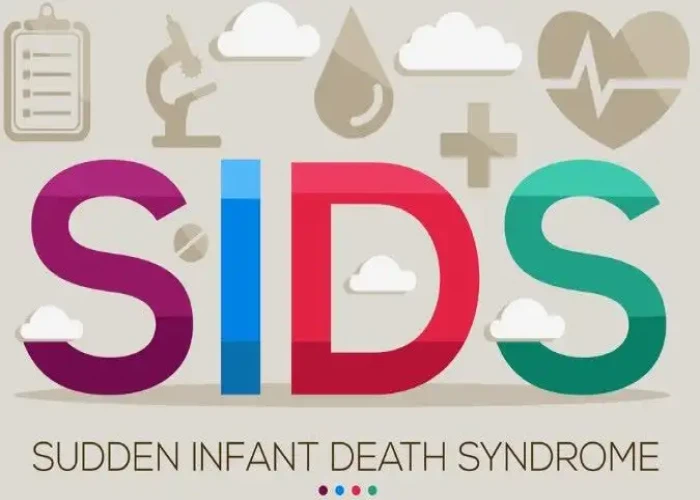
Sudden infant death syndrome (SIDS)

Spinal cord tumor
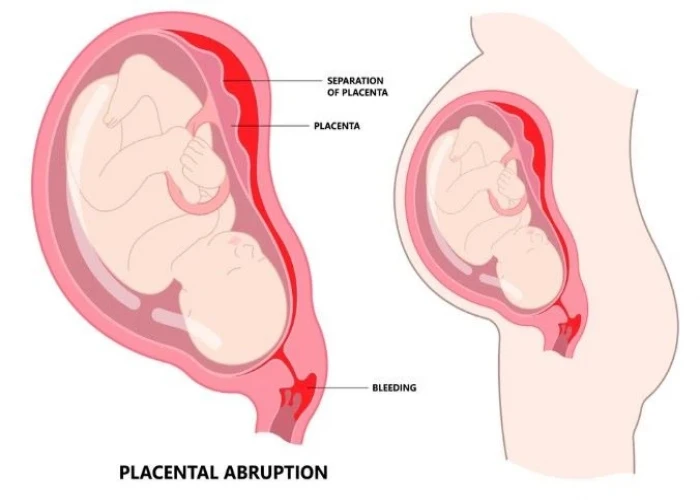
Placental abruption
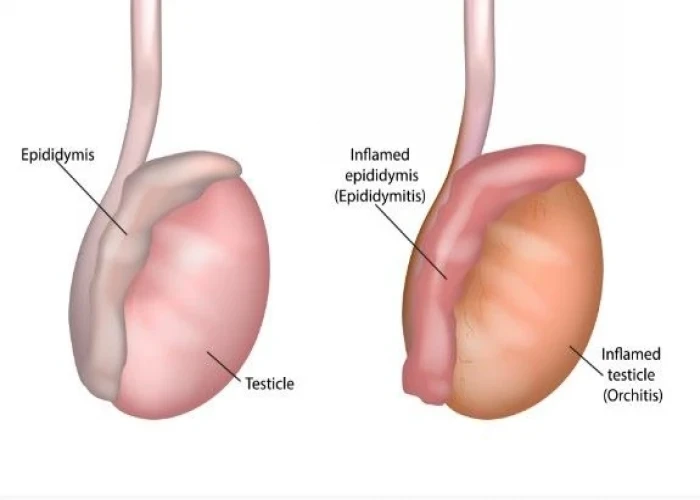
Orchitis

Shin splints
rotator cuff injury, রোটের কাফ ইনজুরি
To be happy, beautiful, healthy, wealthy, hale and long-lived stay with DM3S.
